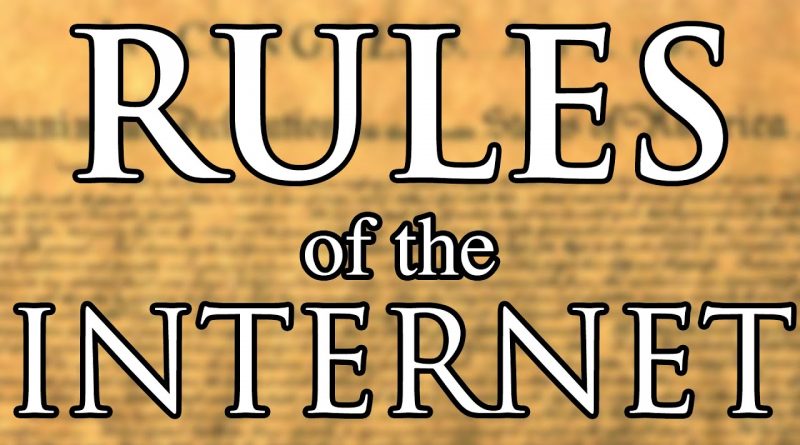The Rules of the Internet
There are several rules that govern the content of internet content. One such rule is Rule 34, which asserts that there is internet pornography for every topic. It is most commonly portrayed as fan art of non-erotic subjects engaging in sexual activities. However, the internet is a vast and diverse place, and it’s important to be aware of what you’re getting into before you get started. Here are some examples of internet content and the laws governing it.
First, the rules of the Internet are intentionally self-reflexive. While there’s no such thing as “one rule” or “a thousand”, some of the most popular versions of these rules claim to contain fifty, but list only 18 of them. Number 1 on the list is: “Do not talk about Rules 2-33”. The lists continued to grow, borrowing from math-science tropes and comedy. Some rules were designated by complex numbers, and others were merely mathematical symbols.
The second rule is that there are no rules on the Internet. As a result, people are free to use their imagination. It’s easy to create rules that don’t fit your needs or the requirements of other people. In the case of the former, a person cannot use a computer without a password. The second rule, “Do not speak about the Rules,” is a bit more serious, and isn’t applicable to online conversations.
The third rule is, “Do not make a joke about other people.” In the case of the latter, the rule relates to a fictitious group called Anonymous, which hacked an extremist church. While some people cheer when Anonymous hacks a target unpopular, others cry out for vigilante justice. These rules are funny until someone gets hurt or is injured. And since the Internet isn’t that old, the rules will always change.
In general, the Internet rules have become self-reflexive. The best example is the rule on not talking about another user. An individual who is rude to them might be a risky situation. While a rule may be appropriate, if you’re being polite to someone else, it will not be a good idea to do it. If a person is offensive, then a message isn’t relevant. A word of warning isn’t enough.
There are no rules, but many people think there are. Some of the first Internet rules were designed to be self-reflexive. They included a rule about not talking about another person. It was a good idea to let the other person talk about you. If you can’t do that, it’s probably a virus. The second rule states that a user’s computer should not talk to another person. The rules were originally created in the name of a fictional character.
The next rule is to make sure that the website doesn’t allow anyone to post personal information about themselves. Even if you’re not using the internet, you should be responsible. You should not share your private information with anyone. You should never share your sensitive information with anyone. You should also limit the number of links that you post on the web. You should check how the site is linked to other websites. You should not post anything that is offensive.

